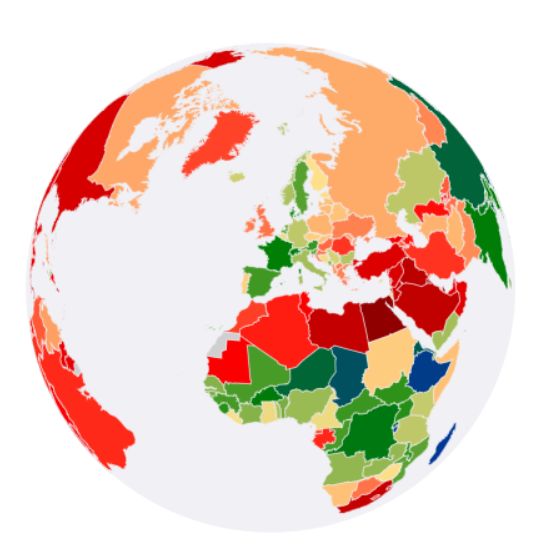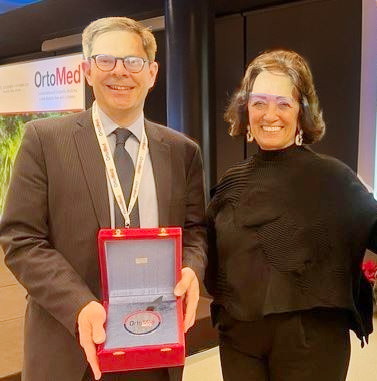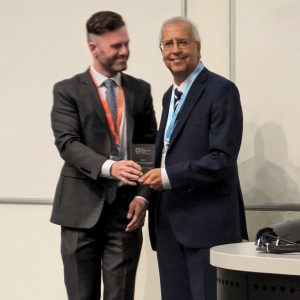[vc_row][vc_column][vc_single_image image=”4594″ img_size=”full” alignment=”center” style=”vc_box_shadow_3d”][/vc_column][/vc_row][vc_row top_margin=”page_margin_top”][vc_column][vc_column_text]Older people with poorer health are likely to have weaker muscles and to experience a faster rate of decline in muscle strength, according to a new study carried out at the University of Southampton.[/vc_column_text][vc_column_text]Scientists from the University’s Medical Research Council Lifecourse Epidemiology Unit (MRC LEU) examined the relationship between a range of characteristics and grip strength level and rate of grip strength loss among 3703 men and women aged 52-82 years who participated in the nationally representative English Longitudinal Study of Ageing. The participants’ grip strength was measured using a dynamometer three times over an 8-year period.[/vc_column_text][vc_column_text]The study, published in Calcified Tissue International and Musculoskeletal Research, shows that in addition to having more chronic diseases, being older and shorter was linked to having poorer grip strength, and a faster rate of decline in grip strength over the next 8 years.[/vc_column_text][vc_column_text]In addition, the study found that older people who were socioeconomically disadvantaged, those who took little exercise, and those with poorer self-rated health tended to have poorer grip strength. These risk factors did not predict how fast grip strength declined over time.
Professor Cyrus Cooper, Director of the MRC LEU, said:[/vc_column_text][/vc_column][/vc_row][vc_row][vc_column][vc_column_text]
“Lower strength in older age is a leading cause of disability worldwide. These results will inform the development of lifecourse intervention strategies to promote maintenance, and reduce loss, of muscle strength in later life.”
[/vc_column_text][/vc_column][/vc_row][vc_row top_margin=”page_margin_top”][vc_column][vc_column_text]The study was funded by the Medical Research Council. Funding for the English Longitudinal Study of Ageing was provided by the National Institute of Aging in the United States and a consortium of UK government departments coordinated by the Office for National Statistics.[/vc_column_text][/vc_column][/vc_row][vc_row top_margin=”page_margin_top”][vc_column][vc_column_text el_class=”reflist”]Notes for editors
- The paper, Correlates of Level and Loss of Grip Strength in Later Life: Findings from the English Longitudinal Study of Ageing and the Hertfordshire Cohort Study., is published in Calcified Tissue International and Musculoskeletal Research, DOI: https://doi.org/10.1007/s00223-017-0337-5
- Professor Cyrus Cooper is available for interview. Contact the press office with your request
- Through world-leading research and enterprise activities, the University of Southampton connects with businesses to create real-world solutions to global issues. Through its educational offering, it works with partners around the world to offer relevant, flexible education, which trains students for jobs not even thought of. This connectivity is what sets Southampton apart from the rest; we make connections and change the world. http://www.southampton.ac.uk/
[/vc_column_text][/vc_column][/vc_row][vc_row top_margin=”page_margin_top”][vc_column][vc_column_text]Download Correlates of level and loss of grip strength in PDF format.
Or view it online at https://link.springer.com/article/10.1007%2Fs00223-017-0337-5[/vc_column_text][/vc_column][/vc_row]








